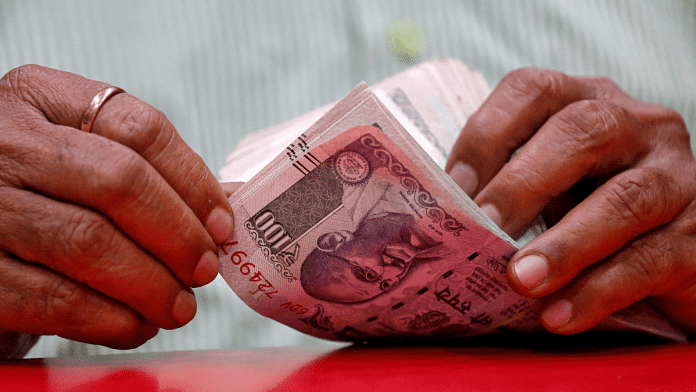Thank you dear subscribers, we are overwhelmed with your response.
Your Turn is a unique section from ThePrint featuring points of view from its subscribers. If you are a subscriber, have a point of view, please send it to us. If not, do subscribe here: https://theprint.in/
Siddhartha Bhattacharjee (now, known as Sid) was making last minute preparations for joining a prestigious university in the United States. Siddhartha was a brilliant student, and he felt that his brilliance would be better recognized abroad. His gait after receiving the admission offer, was matched with the positive response from his friends and other families in his colony. Afterall, they say that the sky’s the limit in the United States (US).
Subsequently, Sid had done extremely well in the corporate world in the US. He was blessed with two children, a son and daughter. His wife was from India and a homemaker. Ronojit, his son (again, known as Ron), brought up in the American way of life, but with a complexion that did not align with his friends. Although his parents had given him his name, the shorter version, Ron, was more in conformity with his friend’s sensibilities. Daughter, Jaya, did not face such usual standards, due to her fair complexion and outgoing nature. With a subtle push to imbibe Indian ethos at home and be in accordance with American norms beyond, Sid and his family were stressed with the cultural disconnect that laid bare the ABCD traits (ABCD: American Born Confused Desi). This complex divide, resulted in both Jaya and Ron, concluding that their father was lucky in escaping the claws of poverty in India, a land of snake charmers, poor infrastructure and their destiny in the US, would be better served by dissociating from their generational roots. Later, both married partners, of different cultural and religious backgrounds.
With liberalization, good forward economic policies, have resulted in fast paced development, post 1991, India’s economic heft worldwide, has advanced considerably. However, these positive outcomes, of lifting millions out from poverty, are routinely criticized, mainly by entities of Indian origin and India’s strategic partnership with developed economies is labelled as a “bad bet”. The criticism from the members of this “bad bet” club, utilize the freedom of thought and expression, to discredit the economic progress made by India under different pretexts, but it also stems from their own cultural confusion. These criticisms, acquire added weight to a foreigner, since it is levelled by persons of Indian origin.
It can be taken to an extreme extent, that in September 2023, along with others, MP Nadia Whittome from UK, born to a Sikh father and Anglo-Indian Catholic mother, called for halting the Free Trade Agreement with India, for the perceived persecution of Kuki-Zo people in Manipur, impervious of not interfering into the affairs of a sovereign country. However, these headlines catching motions, is possibly a subtle and mischievous attempt, to project India as an unstable country and impede the progress of growth.
Though, there are these constant negative viewpoints, a large section of Indian background entrepreneurs’, corporate honchos, have given back to their country of birth, by setting up educational institutes, donating to non-governmental organizations (NGO’s), and supporting research institutes, to name a few, as India, tries to be a developed country by 2047. India will always remain indebted to those NRIs who have contributed to bring change.
The NRI conundrum which entails identity issues, cultural norms and a sense of economic disparity will continue for the foreseeable future, but there is hope, as inequality in per capita income with the advanced economies is likely to reduce in the next few decades. Till then, the gravy train will continue to chug along!
These pieces are being published as they have been received – they have not been edited/fact-checked by ThePrint.

